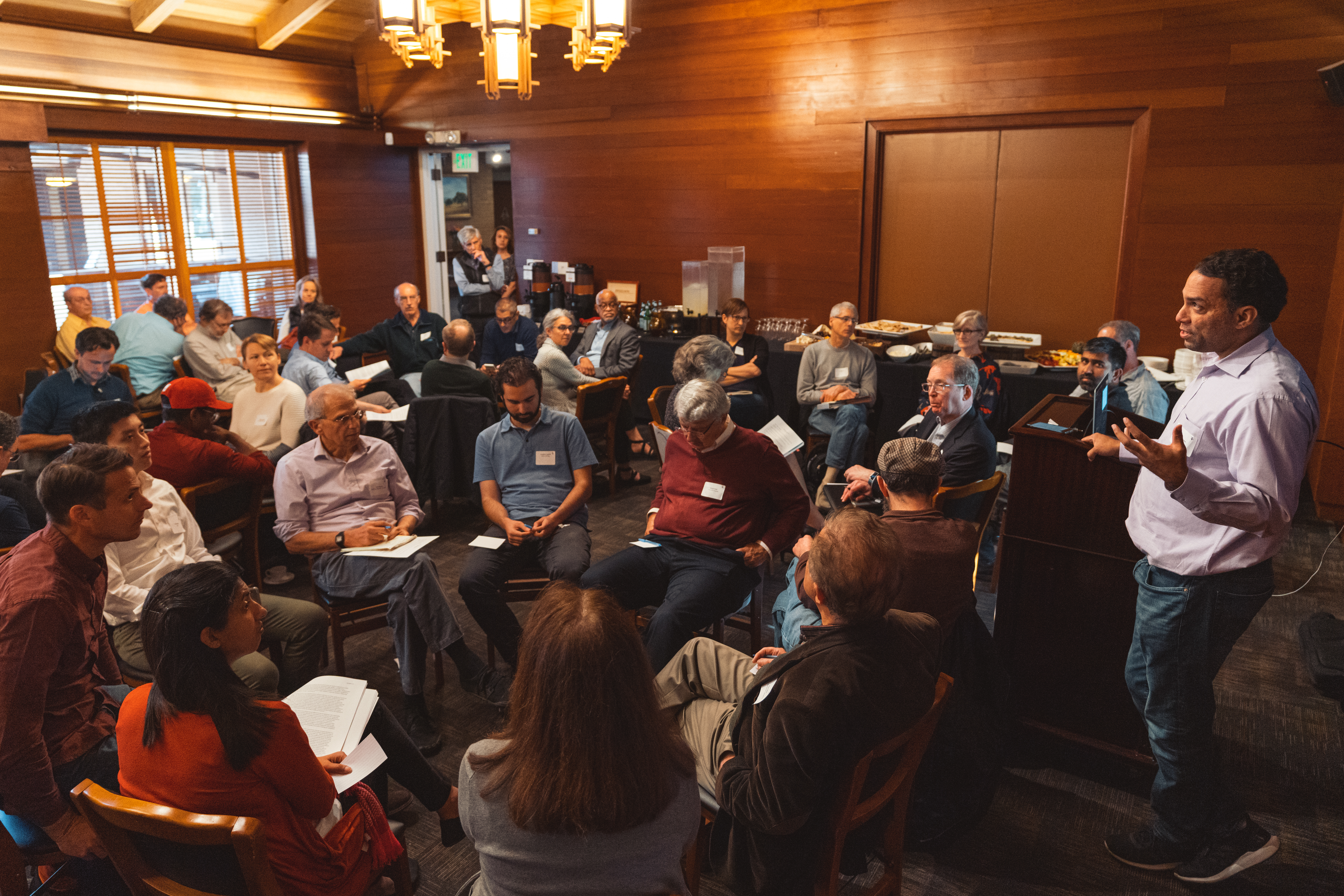The Faculty Senate deliberated changes proposed to the freshman academic experience to “create a first-year shared intellectual experience through a purposeful core curriculum” at its meeting on Thursday. Senators were also briefed on coronavirus by Stanford President Marc Tessier-Lavigne.
The core proposal contains three focuses: “Liberal Education,” “Ethics and Citizenship” and “Global Perspectives.” Students would meet the Liberal Education requirement by taking an Education as Self-Fashioning (ESF) course or a course called “Why College?” The Ethics and Citizenship category would be fulfilled through a seminar called “Citizenship in the 21st Century.” And for Global Perspectives, students would be required to select a course from a curated list.
The ideas are only proposals — leadership has “not voted on a thing,” nor has it “drafted any legislation yet,” said Adam Banks, a professor in the Graduate School of Education and member of the Steering Committee who spoke on behalf of the committee discussing these changes.
The Faculty Senate split into small groups to discuss the proposals. The private sessions were off the record, and no final conclusion was presented.
Coronavirus
Though the first-year curriculum was the main focus of the meeting, Tessier-Lavigne also presented on the novel COVID-19 disease, better known as coronavirus. Both he and the “cross-campus emergency operations team” led by Associate Vice Provost for Environmental Health and Safety Russell Furr are focused on striking a balance between “protect[ing] the community” and “sustain[ing] daily education and research activities,” he said.
He also said “Stanford Medicine is currently caring for a few patients who tested positive for COVID-19.” Contingency plans for students in dorms, he continued, are currently being “worked through.”
Additionally, Tessier-Lavigne announced the creation of a COVID-19 diagnostic test by associate professor of pathology and medicine Benjamin Pinsky. The test was FDA approved on Monday and can currently test 700 patients per week.
Lastly, he discussed the University’s recommendation to postpone all events that involve more than 150 participants until April 15. He said April 15 is a “long enough runway to give us time to see how things develop,” but added that this date could be changed in the future.
Contact Max Hampel at mhampel ‘at’ stanford.edu.
